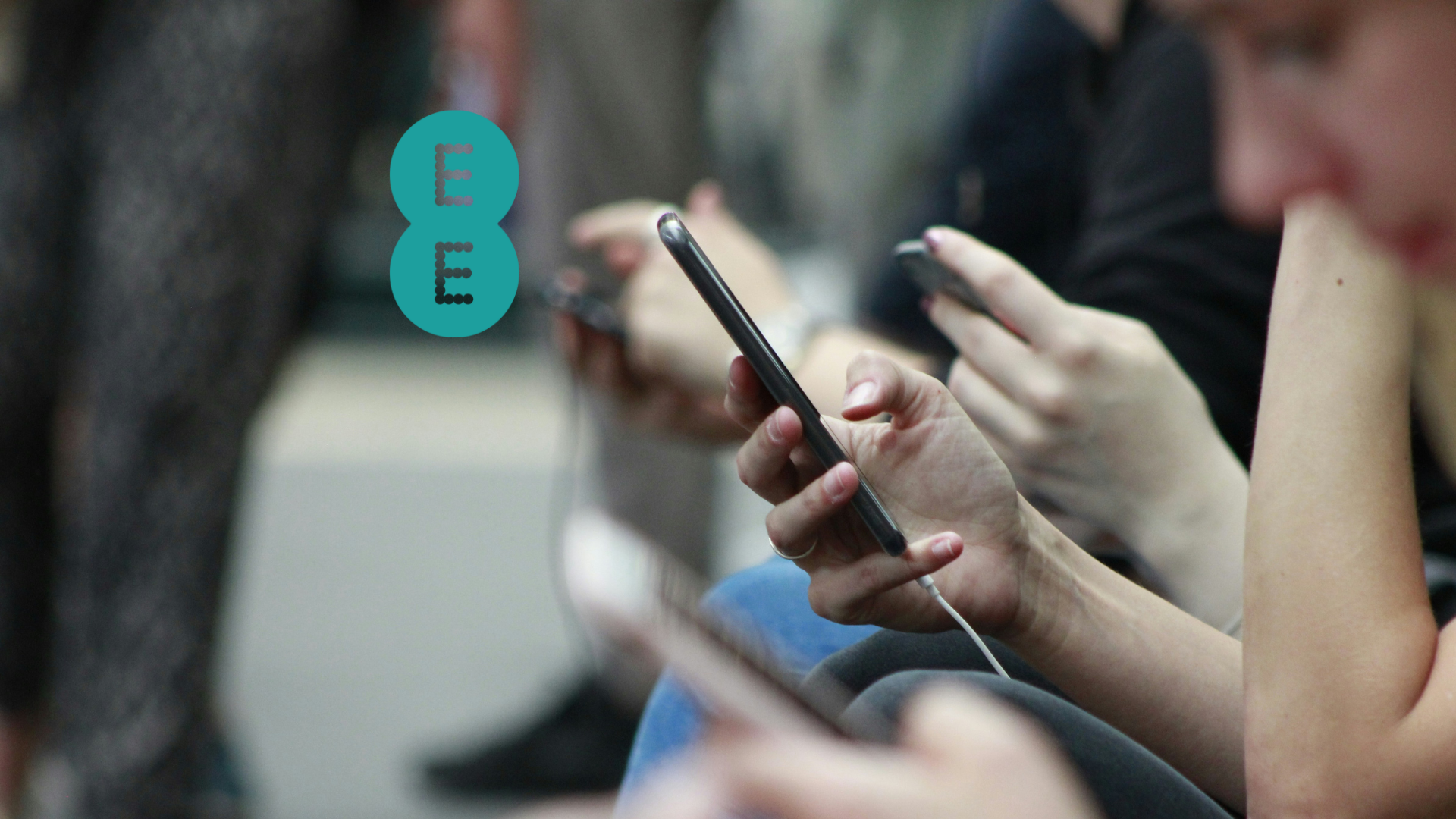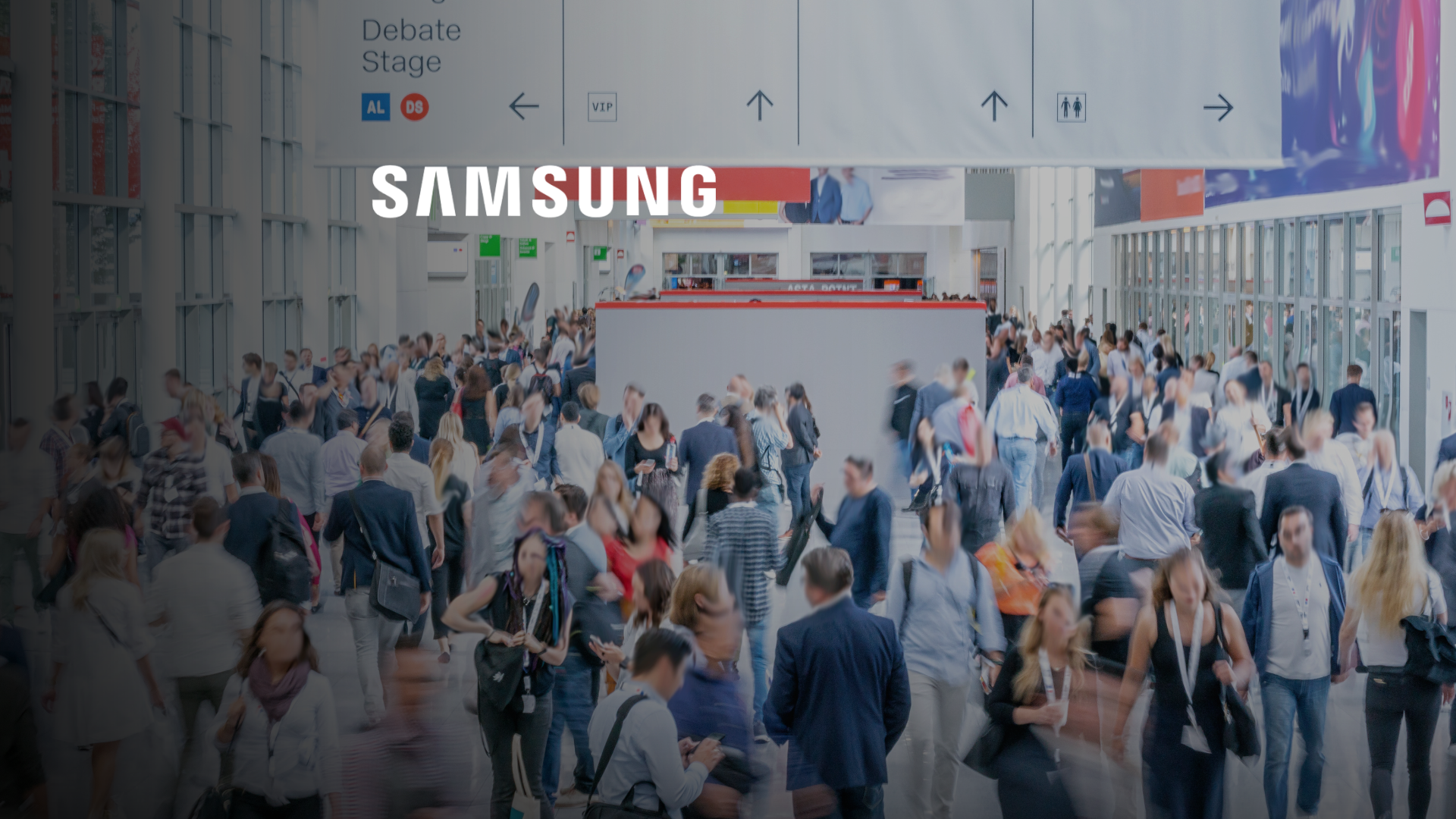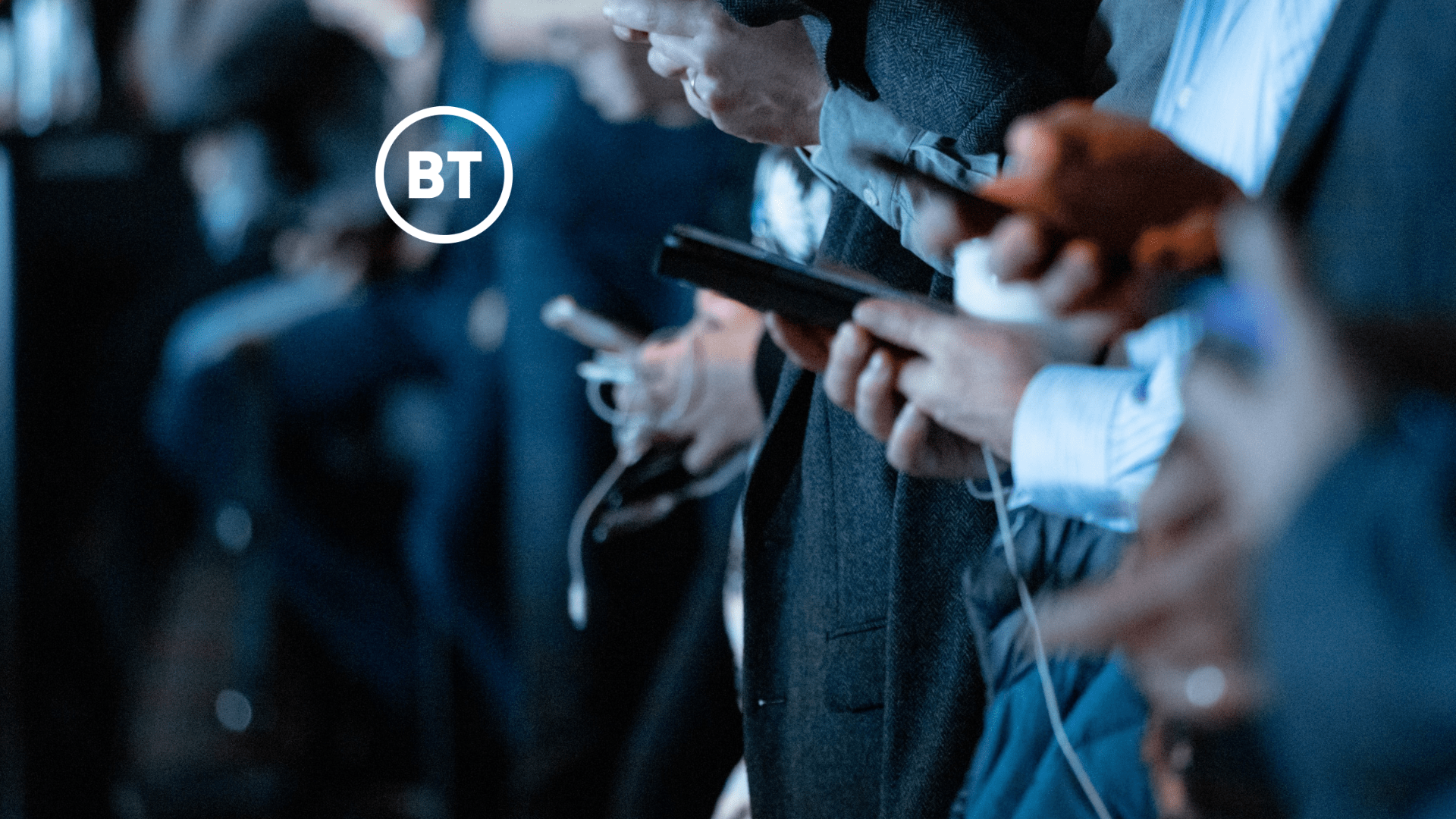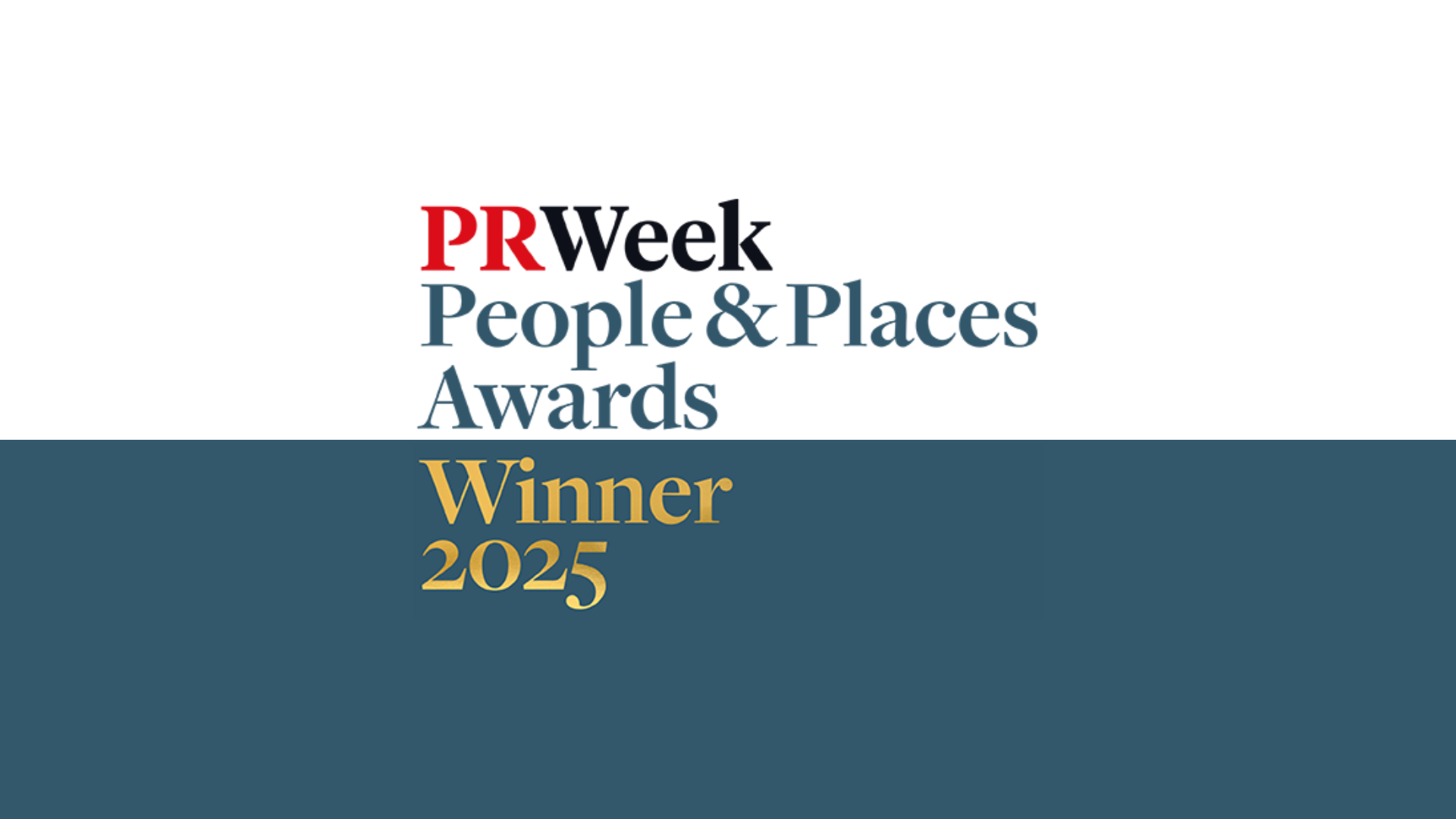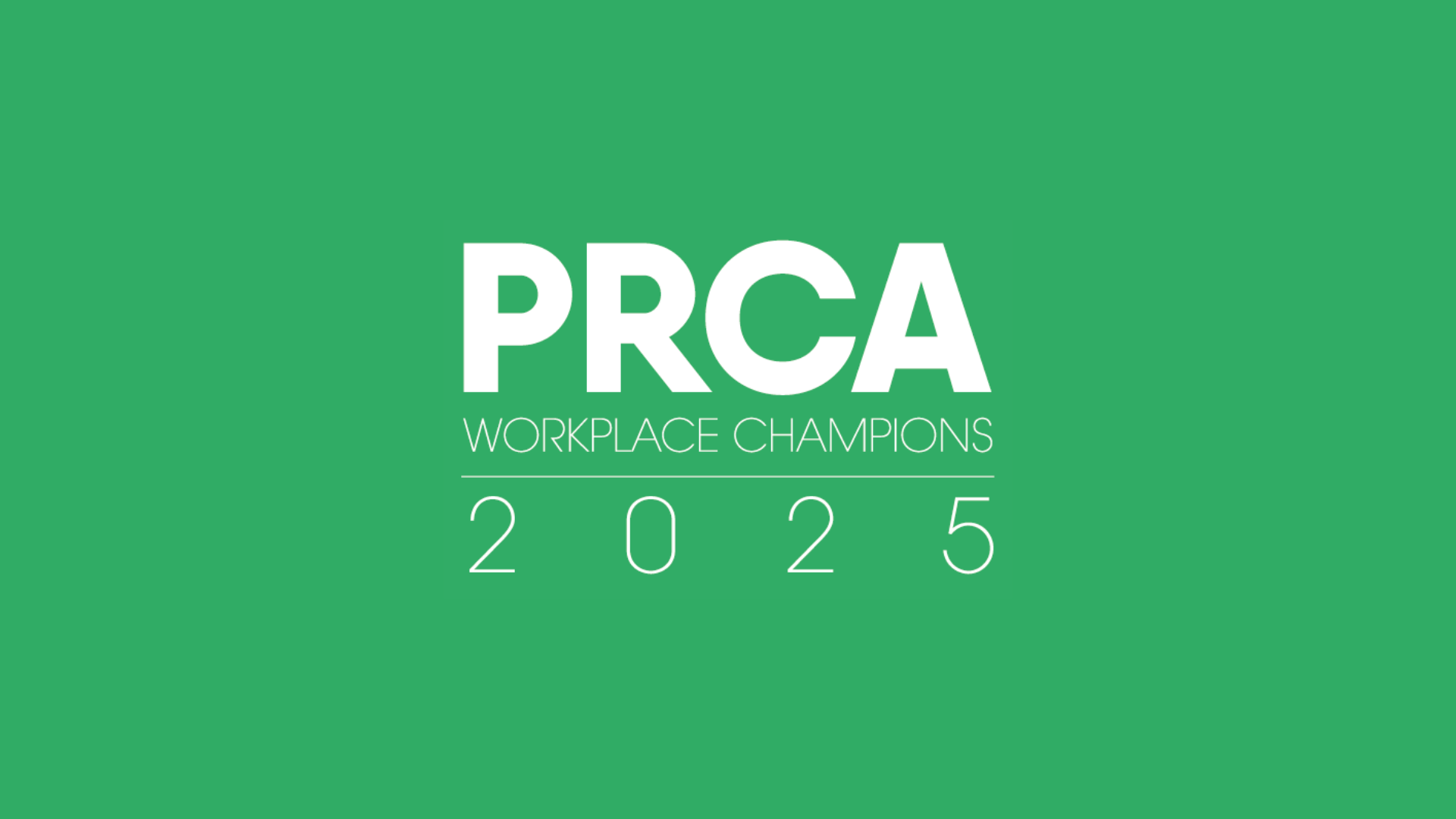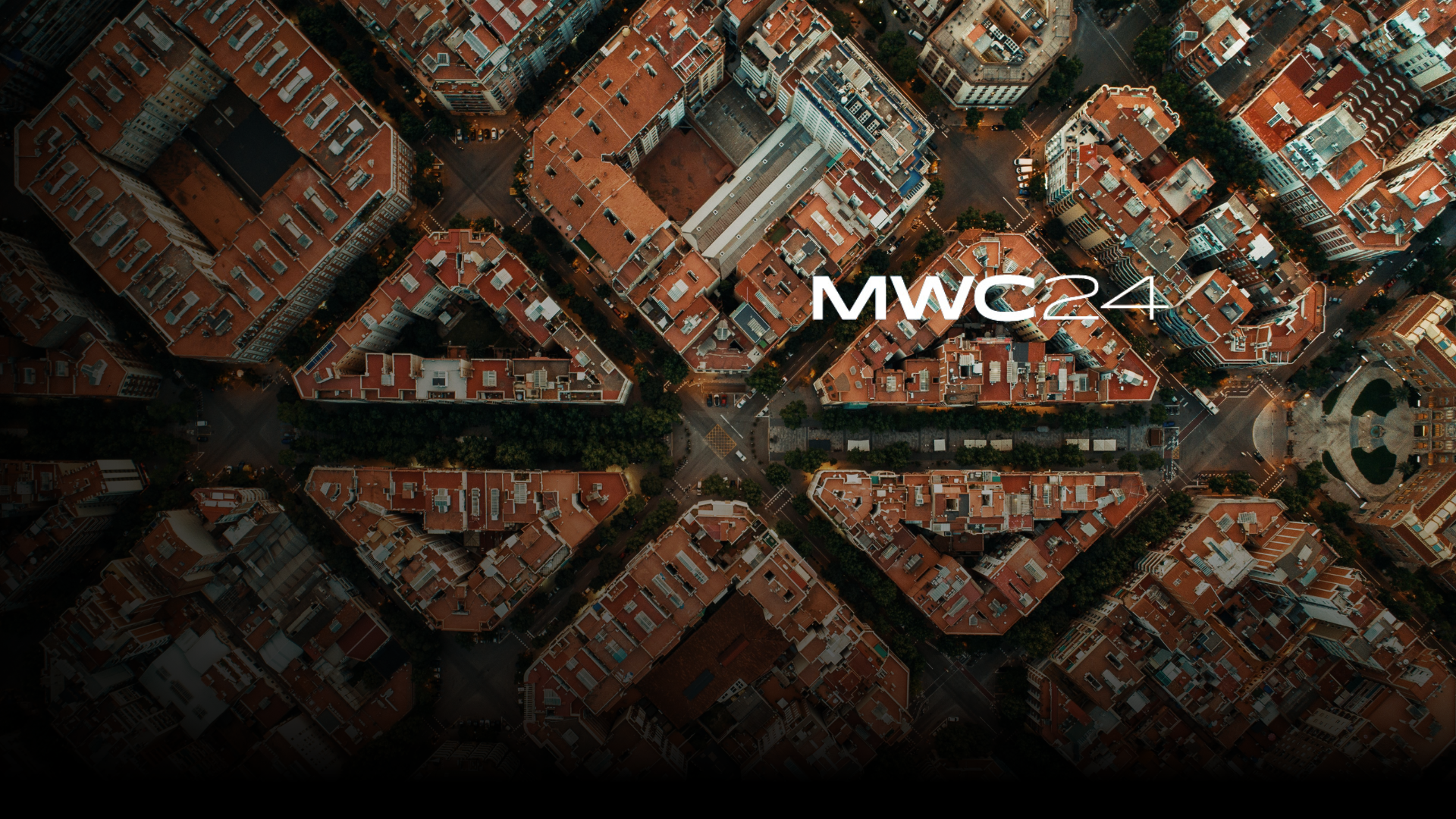For the telco (and wider tech) industries, MWC23 is an important time in the calendar, a chance for everyone to get together, showcase what they’ve been up to, and check out the competition. While it was easy to be jaded by the importance of physical events during the pandemic, there’s no arguing that nothing beats face to face meetings. In fact, even at the height of the pandemic in mid-2021, tech buyers within operator organisations longed to get back to physical events, with 49% stating how influential vendor participation in industry events was during the purchasing decision-making process (CCgroup, Telecoms catalyst).
So, what can we expect from this year’s show? Well, aside from the fact that it’s likely to be bigger than we’ve become used to (the GSMA estimates 80,000 in attendance, up from 61,000 last year), we can expect a few topics to dominate the agenda:
Digital divide
For those living in urban, developed areas, it’s easy to take connectivity for granted. But for many across the world, that reality is much different. According to the GSMA’s latest ‘State of the Industry’ report, 95% of the world is covered by a mobile broadband network, and yet 40%–that’s an estimated 3.2million people—of those are not using the internet. This usage gap is having a significant impact on those populations, hindering economic and social development. In addition, there is still work to be done to bring mobile coverage to the 400 million who don’t currently have access to any form of connectivity. As the telecoms industry seeks to bridge this gap, we’ll see more and more use cases for alternative connectivity solutions to reach those hardest to reach—I’m talking FWA, satellite, and even temporary coverage solutions, such as roving masts. And this brings me on to the next likely hot topic of this year’s show.
Satellite
It won’t be a surprise to see satellite front of mind for many attendees. A LOT has happened on the satellite connectivity space in the past year—from SpaceX and T-Mobile joining forces, to satellite-connected smartphones and chips. But the question remains: how viable is this? Can we really make satellite part of our connectivity ecosystem? Evidence suggests that there are a lot of benefits to satellite connectivity, and most fans of the technology will agree that it’s a complement to, rather than a replacement for, fixed or cellular connectivity. This year we’re likely to see conversations around satellite become more detailed and focused: is LEO better than GEO and vice versa? What is the impact of satellite connectivity from a sustainability perspective (think space debris and the like)?. And what kind of coverage and latency can we expect to see from scaled deployments?
Open RAN
Open RAN seems to be the big divider in the telco industry. Some are all in, others are a little bit more reticent about its benefits, or indeed, the industry’s ability to make them a reality. For many in the industry, there are concerns that disaggregation and diversification of the RAN will simply end up with a simple swap out of one big vendor for another, without real commitment towards diversifying the entire RAN ecosystem. Others claim that open RAN is the only way forward for telcos, that it will define how they roll out 5G services, and beyond. Then add in the concerns over security—can open RAN be too open? And if it all goes wrong, who will be held responsible? Whichever side of the fence you’re on, you’ll likely find yourself discussing it at the show and seeing more vendors and operators alike show off their open RAN trials and solutions.
Sustainability
Sustainability is likely to become an important part of the trends discussed at MWC this year. Although sustainability can’t be seen as a “trend” and for that reason we’re seeing more companies make real commitments and concerted efforts to move to greener operations. For an industry that is guilty of polluting more than the aviation industry, it’s fair to say there’s a lot of work to be done, but it does start by being vocal about the issues at hand. This year’s show has several sessions dedicated to sustainability and ESG so it’ll undoubtedly prove to be a good catalyst for conversations, and, hopefully, change.
The metaverse
Whether you’re convinced by Mark Zuckerberg’s commitment to ‘Second Life 2.0’ or not, the metaverse will likely be a big topic of discussion. What does it mean for telcos? Will it actually materialise? Is it all just a fad? And will existing use cases remain just that: use cases with no likelihood for real-world application? Metaverse could well be the VR/AR utopia that was once discussed a few years back as VR headsets broke onto the market. Or it could be something more tangible that actually changes how we work, how we deliver new services, and how we define the next era of digitisation.
And, of course, 6G. It’s an industry that loves to hype what’s next afterall. Whatever your thoughts on the above, and all of the other topics that will be discussed at MWC23, this year’s show will be another good opportunity to get together with industry friends, old and new. The CCgroup team will be in Barcelona supporting several of our telecoms clients. If you’re at the show and would like to meet up to discuss how we might be able to support your company at next year’s show, get in touch: [email protected]
